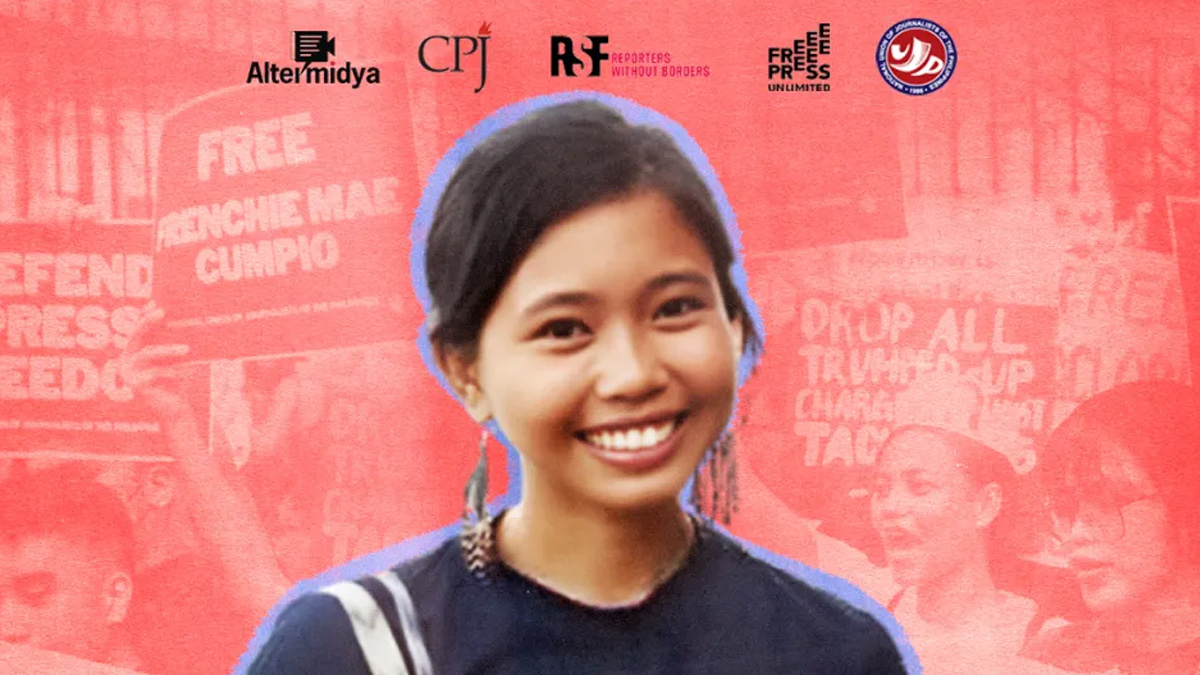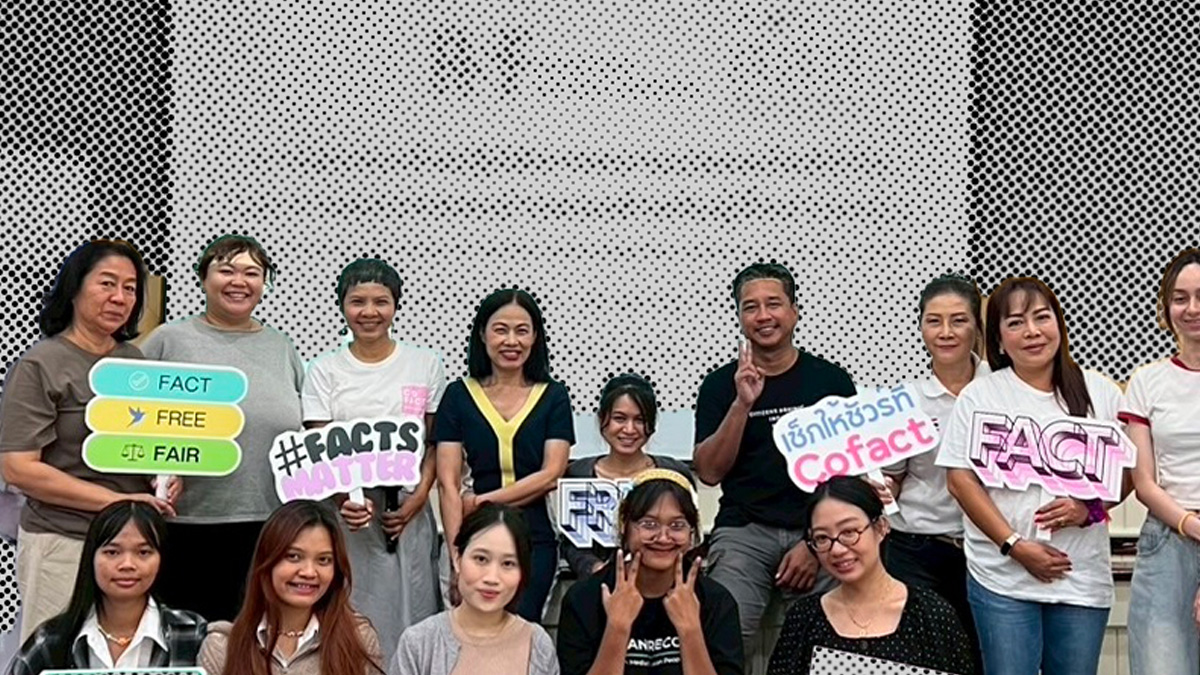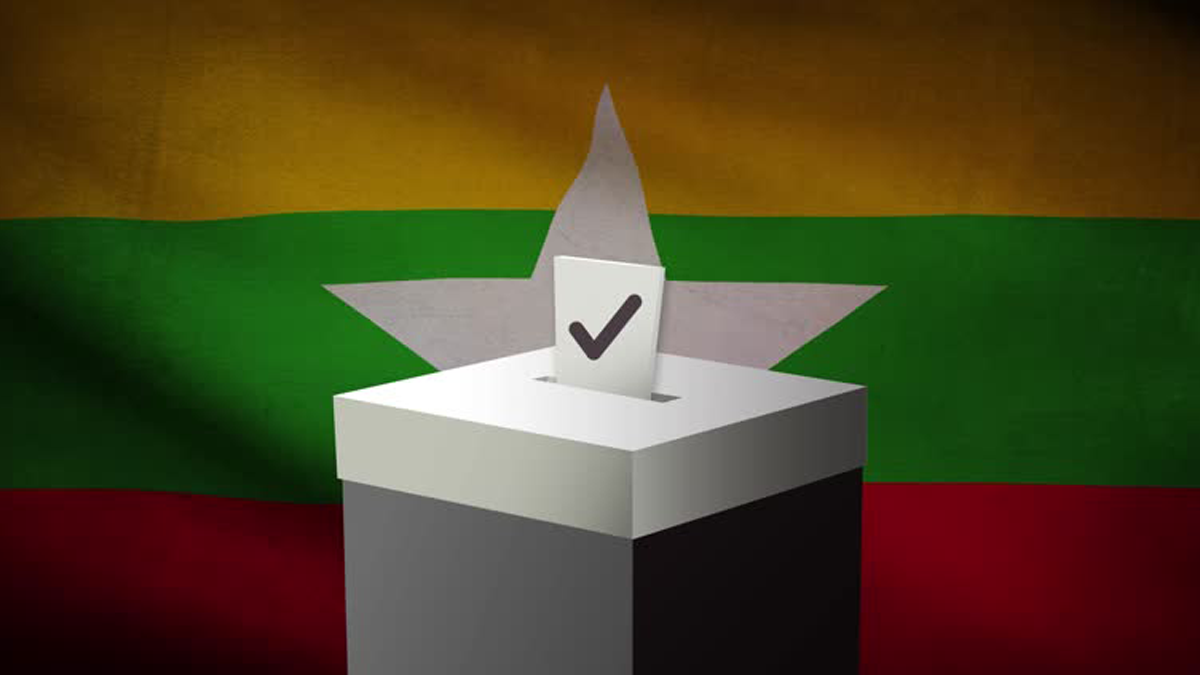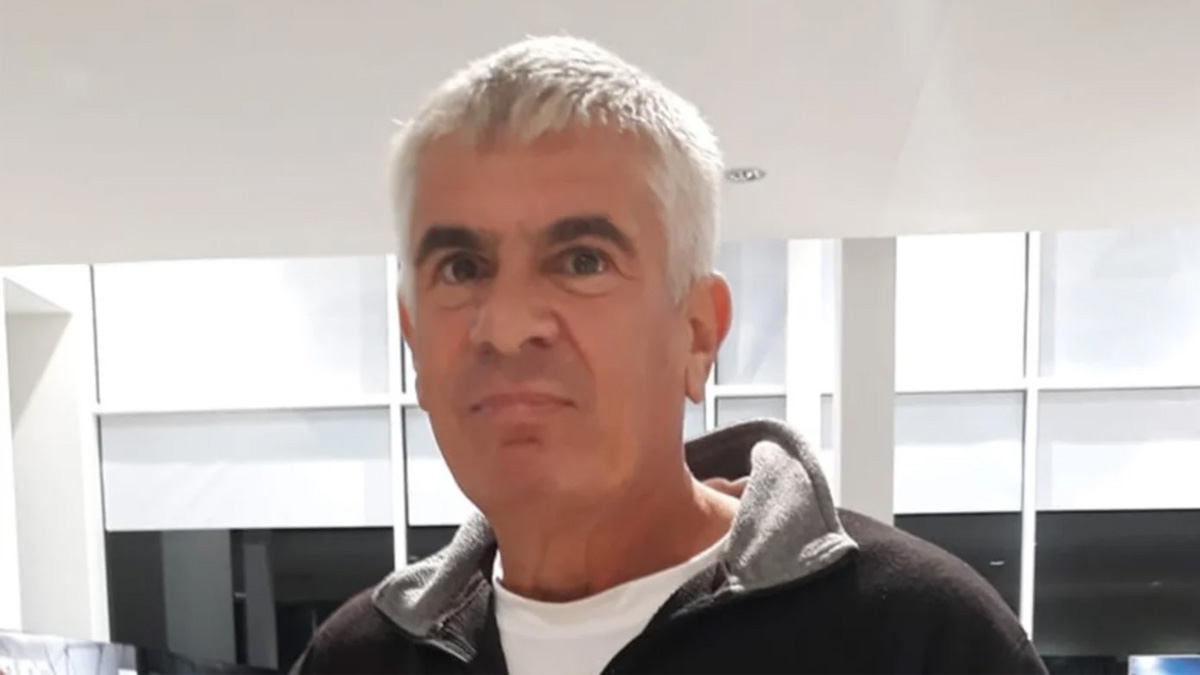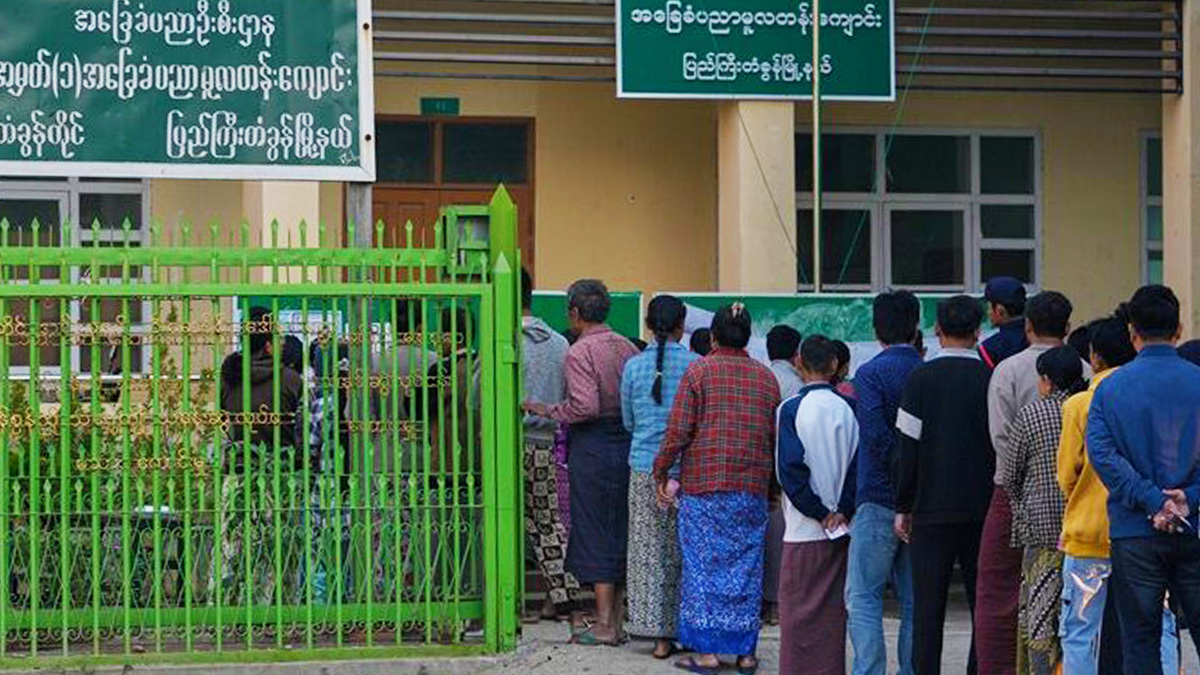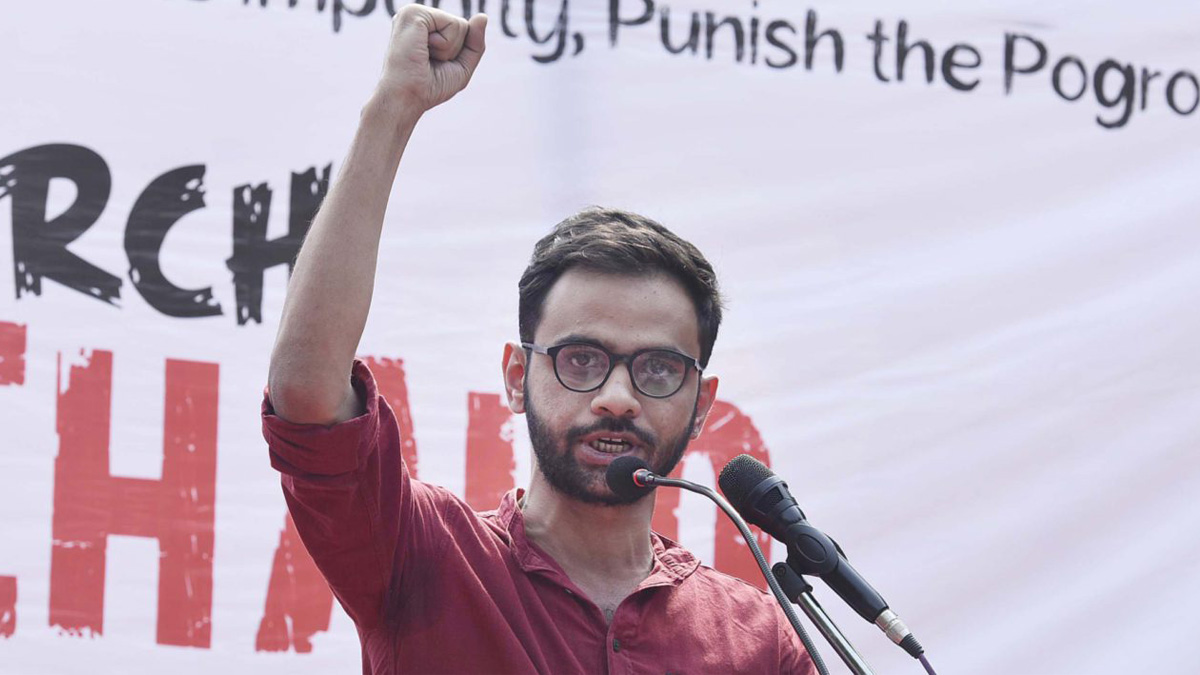RSF welcomes Media Freedom Coalition’s call for release of journalist Zhang Zhan
Reporters Without Borders has welcomed a statement by the Media Freedom Coalition urging China to immediately release journalist Zhang Zhan, sentenced to four more years in prison in September 2025 on charges considered politically motivated.
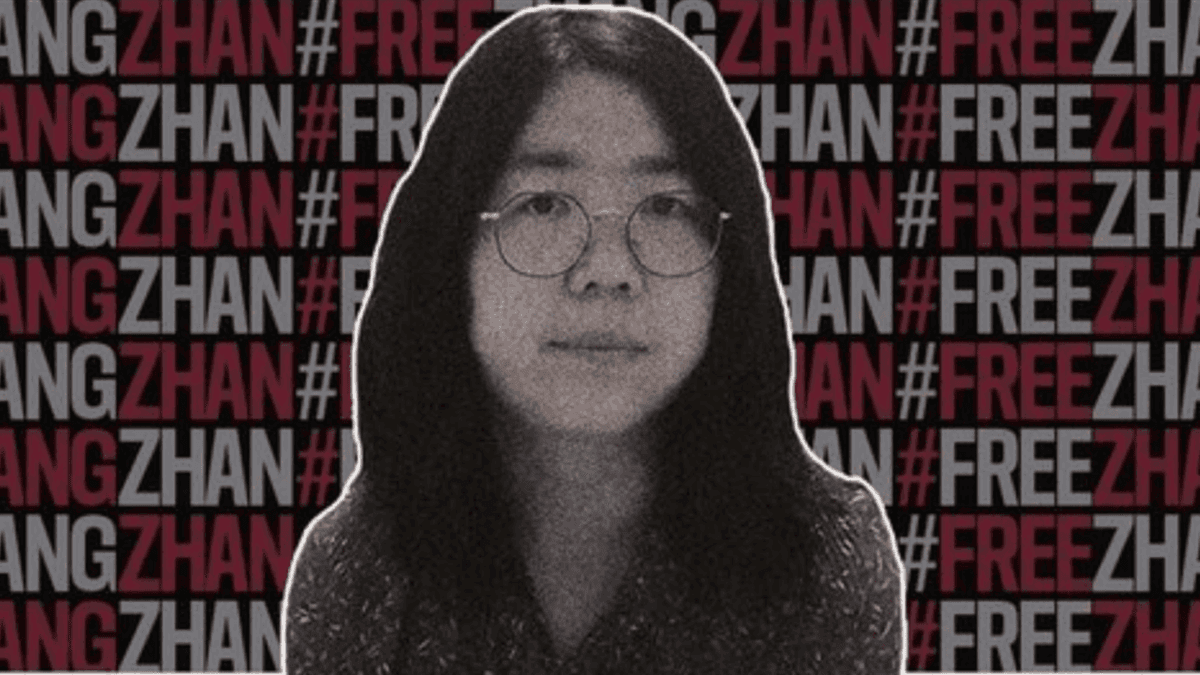
- The Media Freedom Coalition has urged the immediate release of journalist Zhang Zhan.
- Zhang Zhan was sentenced in September 2025 to four more years in prison after a closed-door trial.
- RSF has denounced her treatment and called for sustained pressure on the Chinese authorities.
The Media Freedom Coalition (MFC) has issued a public statement demanding the immediate release of Chinese journalist Zhang Zhan, a move welcomed by Reporters Without Borders (RSF). The coalition’s call comes after Zhang was handed a second prison sentence of four years following a closed trial in Shanghai.
In a statement dated 8 October 2025, the MFC condemned China’s increasing repression of media workers. It urged the release of Zhang Zhan and all others “detained in connection with their reporting.” The MFC, comprising 50 member countries, also underscored the wider threat to global press freedom posed by such cases.
Zhang, who rose to international prominence in 2020 for reporting from Wuhan during the early stages of the COVID-19 pandemic, was convicted on 19 September 2025 of “picking quarrels and provoking trouble”—a charge often used to silence dissent in China.
According to RSF, the trial took place behind closed doors at the Pudong New Area People’s Court. Diplomats from at least seven countries and five civil society activists were barred from attending. Zhang’s current whereabouts and prison conditions remain unknown.
RSF's Director of Advocacy and Assistance, Antoine Bernard, stated, “She is a symbol of independent journalism in China, and we cannot allow her to perish in prison. If she does, all hope for Chinese citizens’ right to information will perish as well.”
Zhang Zhan’s recent sentencing marks her second term of imprisonment. She was first arrested in May 2020 for her independent video reports from Wuhan. Later that year, she was sentenced to four years in prison under the same charge. During her incarceration, she conducted a hunger strike to protest against her treatment and nearly died as a result. Zhang was released in May 2024, having completed her initial sentence.
Her re-arrest and renewed sentencing less than 18 months later have sparked widespread concern among press freedom advocates. RSF has been actively involved in Zhang’s case, previously referring it to the MFC for action and consistently advocating for her release and medical care.
The MFC’s statement highlighted that Zhang’s case is not isolated. It noted that she “is one of many journalists in China who have been convicted and imprisoned for exercising their right to freedom of expression.” The coalition added that her case underlines the essential role of journalism in ensuring transparency, accountability, and democracy.
Founded in July 2019, the MFC works to protect media freedom globally through diplomatic and multilateral engagement. Civil society groups, including RSF, participate through a consultative network, bringing urgent cases such as Zhang’s to the attention of member governments.
RSF has long documented systemic repression in China, calling it the “world’s biggest prison for journalists.” The organisation reports that at least 120 media workers are currently imprisoned across the country. In its 2025 World Press Freedom Index, China ranks 178th out of 180 countries and territories.
The renewed international pressure comes amid growing calls for coordinated diplomatic measures to hold Beijing accountable for violations of international standards on freedom of expression. However, Chinese authorities have consistently rejected such criticism, describing external comments as interference in domestic affairs.
As Zhang’s health status remains unknown, advocacy groups continue to stress the urgency of her release and medical access. RSF has reiterated its appeal to international actors to raise Zhang’s case in bilateral and multilateral forums.


